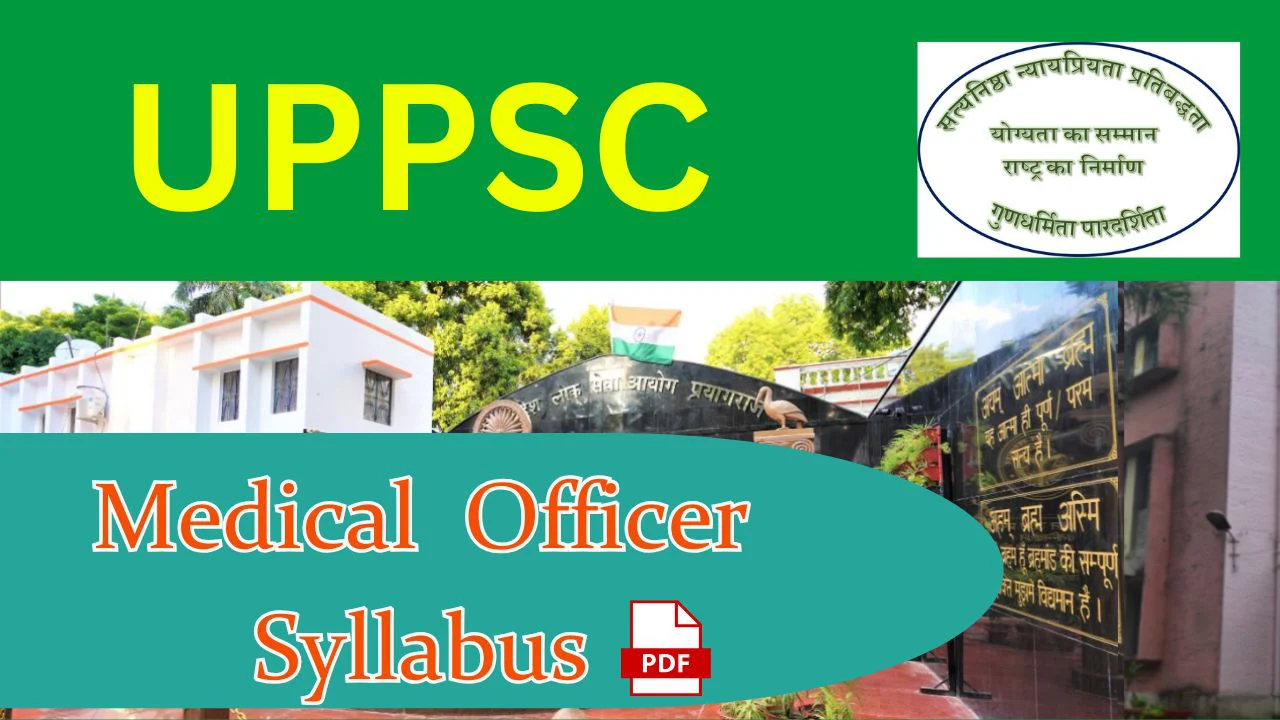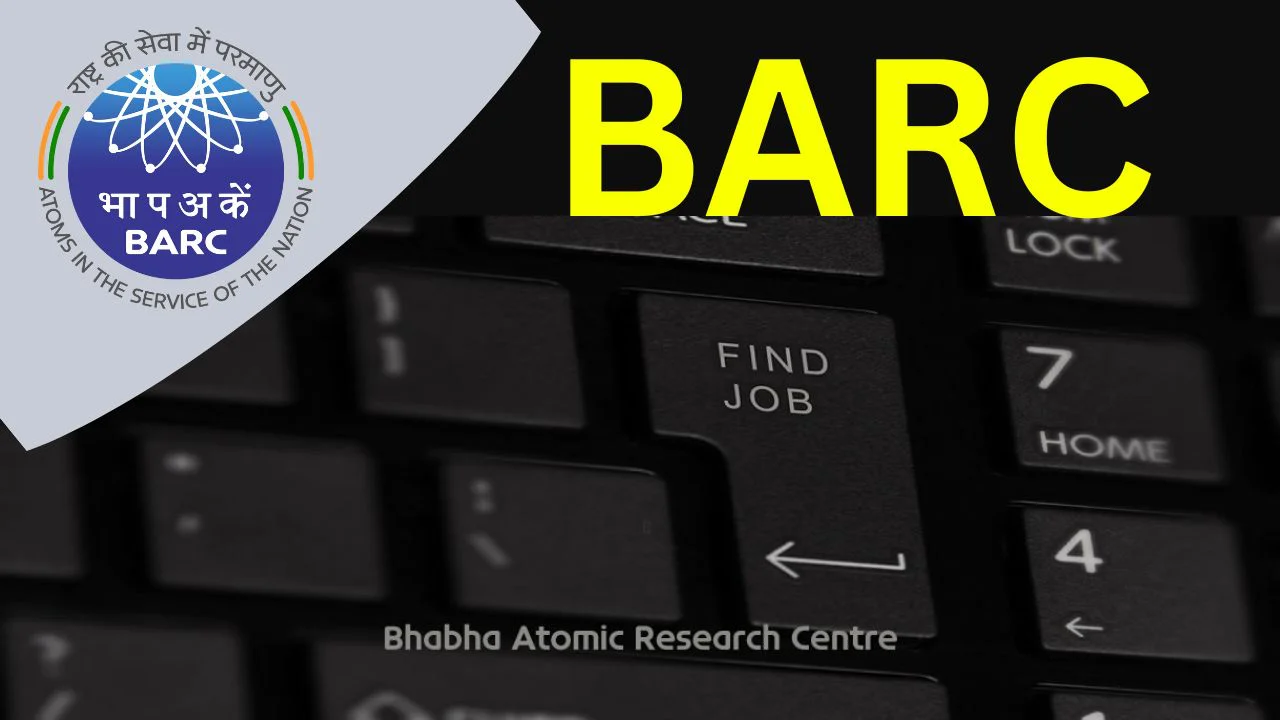UPPSC APO Syllabus 2025: Uttar Pradesh Public Service Commission (UPPSC) has announced the recruitment for 182 Assistant Prosecution Officer (APO) positions through Advertisement No. A-8/E-1/2025. To aid aspirants in their preparation, a detailed UPPSC APO syllabus and exam pattern have been provided. This guide outlines the exam structure, topic-wise UPPSC APO syllabus, and effective preparation strategies to help candidates succeed in the examination.
UPPSC Asst Prosecution Officer Syllabus 2025
| Name of the Organisation | Uttar Pradesh Public Service Commission |
| Name of the Post | Assistant Prosecution Officer |
| Number of Posts | 17 |
| Category | Syllabus |
| Syllabus | Available Here |
| Exam Date | Available Soon |
| Location | Uttar Pradesh |
| Official website | uppsc.up.nic.in |
UP APO Exam Pattern 2025
The UPPSC APO examination is structured into three stages: Preliminary Examination, Main Examination, and Interview.
| Part | Subject | Number of Questions | Marks | Duration |
|---|---|---|---|---|
| Part I | General Knowledge | 50 | 50 | 2 hours |
| Part II | Law | 100 | 100 | 2 hours |
Total Questions: 150
Total Marks: 150
Negative Marking: 0.33 marks deducted for each incorrect answer
Mode: Objective Type (Multiple Choice Questions)
Medium: Hindi and English
Main Examination
| Paper | Subject | Marks | Duration |
|---|---|---|---|
| Paper I | General Knowledge | 100 | 3 hours |
| Paper II | General Hindi | 100 | 3 hours |
| Paper III | Criminal Law & Procedure | 100 | 3 hours |
| Paper IV | Law of Evidence | 100 | 3 hours |
| Paper V | Other Laws | 100 | 3 hours |
| Total | 500 | 18 hours |
Mode: Descriptive Type
Medium: Hindi
Personality Test/ Interview:
Marks: 50
Purpose: After qualifying in the Main examination, Selected candidates have to appear for the personality test. The personality test/interview will assess the candidate’s character, capacity, personality, and physical fitness.
Uttar Pradesh APO Syllabus 2025
The UPPSC Assistant Prosecution Officer (APO) syllabus is designed to assess candidates’ knowledge across a wide range of subjects, with a strong focus on law and general knowledge. The Preliminary Examination covers essential topics, including General Knowledge and Law, which encompass current affairs, history, polity, and various legal acts, such as the Indian Penal Code (IPC), the Criminal Procedure Code (CrPC), and the Indian Evidence Act. The Main Examination delves deeper into specific legal subjects, including criminal law, evidence law, and various special laws, ensuring that candidates possess a comprehensive understanding of the judicial system. In addition to law-related subjects, the syllabus also includes Hindi language proficiency, with an emphasis on grammar, translation, and essay writing. Aspirants must approach the syllabus with a strategic study plan, ensuring they cover all the topics in detail to excel in both the Prelims and Mains stages of the exam.
General Knowledge (Prelims & Mains)
| Topic | Details |
|---|---|
| General Science | Basic concepts in Physics, Chemistry, Biology |
| Current Affairs | National and International events, Government policies |
| Indian History | Ancient, Medieval, Modern history of India |
| Indian National Movement | Freedom struggle, Major movements |
| Indian Polity & Economy | Constitution, Governance, Economic policies |
| World Geography | Continents, Countries, Physical features |
| Population Studies | Demographic trends, Census data |
2. Law (Prelims)
| Act | Number of Questions |
|---|---|
| Indian Penal Code (IPC) | 35 |
| Criminal Procedure Code (CrPC) | 25 |
| Indian Evidence Act | 25 |
| U.P. Police Act & Regulations | 15 |
| Indian Constitution | 10 |
3. General Hindi (Mains)
| Topic | Details |
|---|---|
| Grammar | Sentence correction, Tenses, Parts of speech |
| Vocabulary | Synonyms, Antonyms, Idioms |
| Translation | English to Hindi and vice versa |
| Essay Writing | Topics related to current affairs and social issues |
| Comprehension | Understanding and interpreting passages |
4. Criminal Law & Procedure (Mains)
| Topic | Details |
|---|---|
| IPC | Offenses, Punishments, Defenses |
| CrPC | Investigation, Trial procedures, Bail provisions |
| Special Laws | POCSO Act, Dowry Prohibition Act, SC/ST Act |
5. Law of Evidence (Mains)
| Topic | Details |
|---|---|
| Indian Evidence Act | Relevancy, Admissions, Confessions, Burden of Proof |
| Direct & Applied Questions | Case studies, Application of legal principles |
6. Other Laws (Mains)
| Act | Details |
|---|---|
| Arms Act, 1959 | Licensing, Possession, Offenses |
| Protection of Children from Sexual Offenses (POCSO) Act, 2012 | Definitions, Offenses, Procedures |
| Dowry Prohibition Act, 1961 | Prohibition, Penalties, Procedures |
| Scheduled Castes and Scheduled Tribes (Prevention of Atrocities) Act, 1989 | Offenses, Punishments, Procedures |
| Prevention of Corruption Act, 1988 | Offenses, Punishments, Procedures |
| Information Technology Act, 2000 | Cybercrimes, Digital signatures, E-commerce |
| Explosives Act, 1884 | Manufacture, Possession, Transport |
| Prevention of Damage to Public Property Act, 1984 | Offenses, Penalties |
| Essential Commodities Act, 1955 | Control, Distribution, Offenses |
| U.P. Goonda Control Act, 1970 | Definitions, Procedures, Penalties |
| U.P. Gangster and Anti-Social Activities (Prevention) Act, 1986 | Definitions, Procedures, Penalties |
| U.P. Prevention of Cow Slaughter Act, 1955 | Prohibition, Penalties |
| U.P. Prohibition of Unlawful Conversion of Religion Act, 2021 | Prohibition, Procedures, Penalties |
| Unlawful Activities (Prevention) Act (UAPA) | Definitions, Procedures, Penalties |
| The Uttar Pradesh Public Examinations (Prevention of Unfair Means) Act, 2024 | Offenses, Penalties |
| The Foreigners Act, 1946 | Registration, Deportation, Offenses |
Preparation Tips
Understand the Syllabus: Thoroughly review the syllabus to identify key areas of focus.
Create a Study Plan: Allocate time to each subject based on its weightage and your proficiency.
Refer to Standard Textbooks: Use recommended books and study materials for each subject.
Practice Previous Year Papers: Solve previous years’ question papers to understand the exam pattern and difficulty level.
Stay Updated with Current Affairs: Regularly read newspapers and journals to stay informed about national and international events.
Join Online Forums and Discussion Groups: Engage with fellow aspirants and exchange knowledge and resources.
Take Mock Tests: Regularly attempt mock tests to assess your preparation and improve time management skills.
Revise Regularly: Set aside time for revision to reinforce your knowledge and identify weak areas.









